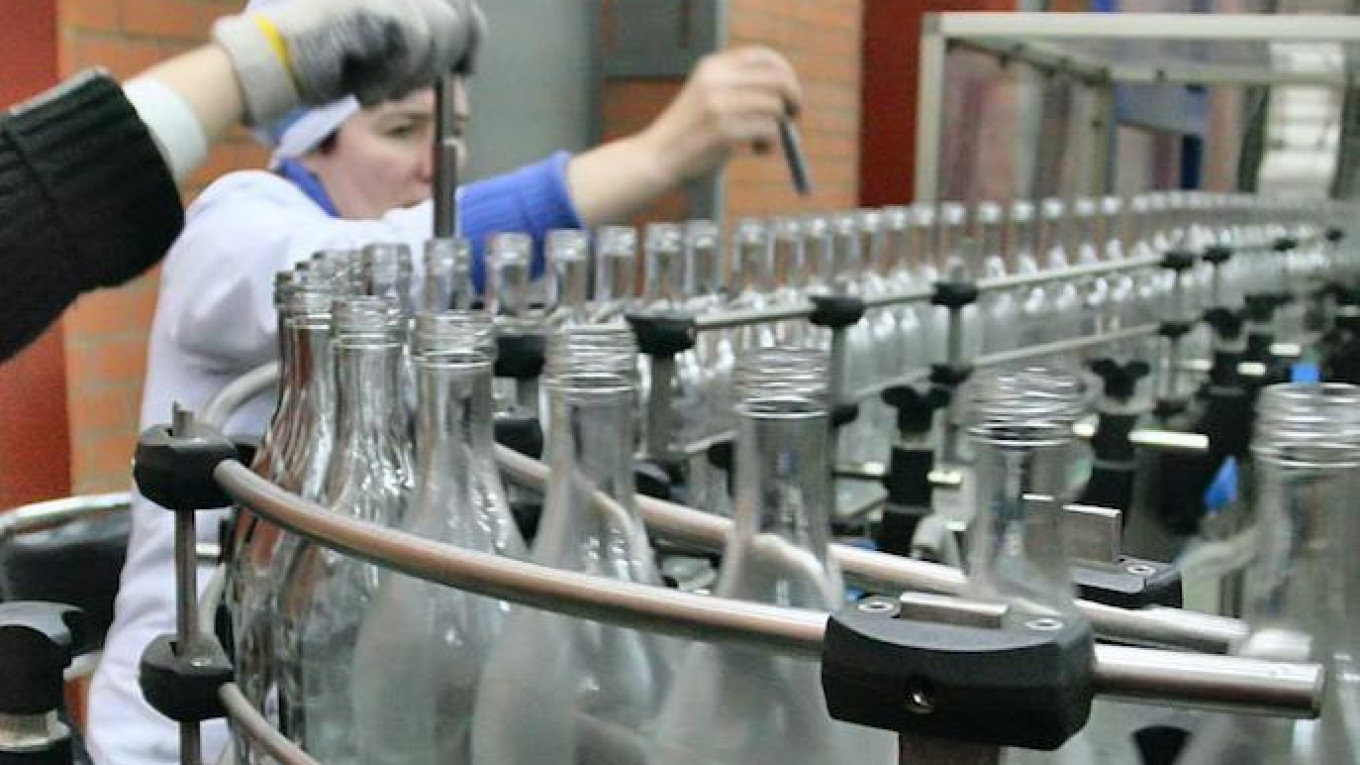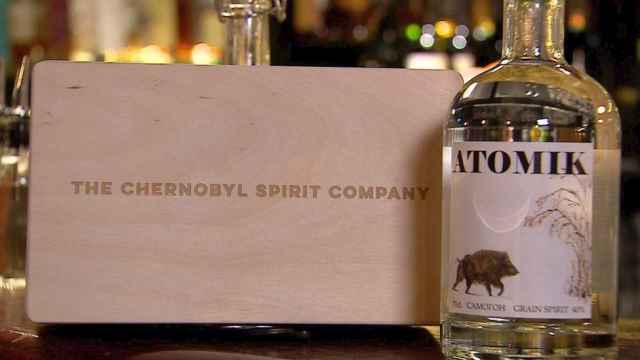A top Russian government health official has announced that a state monopoly on alcohol could begin with the country's perfume and pharmaceutical industries.
Evgeny Bryun, chief psychiatrist for the Russian Health Ministry, warned that any move would be unpopular, but said the proposals would “make a good start.”
Russia's cosmetics industry has already been left reeling after the government's temporary ban on selling products with more than 25 percent alcohol in December 2016. Russia's Drugstore Union told the government that their businesses were suffering amid the ban, which is set to last until March 2017.
Russian Prime Minister Dmitry Medvedev first brought in the restrictions on Dec. 26, 2016 after almost 80 Russians died of alcohol poisoning in the Siberian city of Irkurtsk. The victims had drunk a bath lotion often used as a low-priced “substitute vodka” for its high percentage of alcohol. The product which the victims had consumed was instead found to contain poisonous methyl alcohol.
Consumer watchdog Rospotrebnadzor claims that the restrictions reduced deaths related to alcohol poisoning by 65 percent over the January holidays.
While alcohol consumption has plunged in Russia in recent years, the amount of spirits consumed by Russians each year remains well above limits set by the World Health Organization. The average Russian adult consumes 10 liters of alcohol in a year, 2 liters more than government guidelines.
A Message from The Moscow Times:
Dear readers,
We are facing unprecedented challenges. Russia's Prosecutor General's Office has designated The Moscow Times as an "undesirable" organization, criminalizing our work and putting our staff at risk of prosecution. This follows our earlier unjust labeling as a "foreign agent."
These actions are direct attempts to silence independent journalism in Russia. The authorities claim our work "discredits the decisions of the Russian leadership." We see things differently: we strive to provide accurate, unbiased reporting on Russia.
We, the journalists of The Moscow Times, refuse to be silenced. But to continue our work, we need your help.
Your support, no matter how small, makes a world of difference. If you can, please support us monthly starting from just $2. It's quick to set up, and every contribution makes a significant impact.
By supporting The Moscow Times, you're defending open, independent journalism in the face of repression. Thank you for standing with us.
Remind me later.






